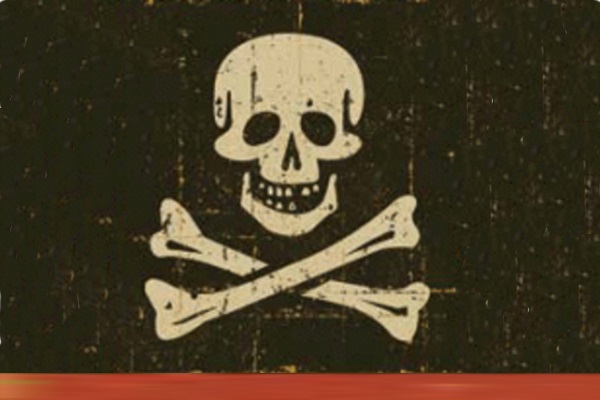Published on the 22/08/2014 | Written by John Stanton

The Australian print and electronic media has harboured a flurry of stories recently about the vexed issue of online copyright infringement and how to fix it. Communications Alliance CEO John Stanton outlines his thoughts on what needs doing…
The Attorney-General, Senator George Brandis has generated a deal of excitement with his public statements about the urgent need to find ways to better protect the rights of creative content producers – writers, musicians and filmmakers among them – who all too often see their output made available for free via improper file sharing on the internet.
It’s a fair point and a big problem. Australia’s internet service providers ISPs (on whose networks the infringements typically occur, but without the ISPs’ involvement), do not in any way condone or authorise online copyright infringement and support the need for rights holders to enforce their copyright.
There have been concerted attempts in many countries around the globe to address the ‘online piracy’ issue. It is a complex dilemma: how to balance the rights of content producers against the rights of consumers, while maintaining the freedom of the internet. How do we also ensure that people can have easy access to affordable and legally available content when they want it?
The latter is a crucial consideration, because online infringement is very often prompted by the fact that consumers are frustrated by the lack of a legal way to get hold of the content they want, and therefore turn to less noble ways of obtaining it.
Rights holders claim that availability and pricing of content is not the problem. If so, why is piracy falling in the US where content is more widely available and better priced – but not falling in countries such as Australia that still suffer the barriers of geo-blocking? Interesting evidence comes from the music industry’s soaring revenues for music streaming businesses such as Pandora and Spotify that – guess what – make the music available and affordable.
None of the so-called ‘graduated response’ schemes created overseas has proved particularly successful. Some have been very costly – such as the scheme implemented in France – and have been substantially wound back. A definitive recent study by Monash University’s Prof Rebecca Giblin, examined such schemes in place in seven countries and found no correlation between the graduated response schemes and the level of infringing activity.
Communications Alliance and Australia’s major ISPs spent 18 months negotiating with rights holders (in discussions facilitated by the Attorney-General’s Department) to attempt to reach agreement to launch a trial graduated response scheme, to run over an 18 month period. It was designed to test the effectiveness of such a scheme in Australia and hopefully to build evidence for a business case to create automated systems to track down infringers.
The talks foundered on one basic issue – the insistence of the rights holders that ISPs should wear the costs of running the scheme – i.e. the internet companies should pay to enforce the rights of Hollywood studios and the like (costs that would ultimately be borne by law-abiding Australian broadband customers). The rights holders claim that online piracy costs them $1.4 billion per annum in lost sales in Australia alone, yet were unwilling to contribute even $1 million to address the problem.
Australia’s ISPs remain willing to negotiate for a fair solution, and indeed the CEOs of Australia’s biggest internet companies wrote to Senator Brandis very recently to underline that desire.
What is needed for that to move forward is:
- Agreement by rights holders to reimburse the reasonable costs that ISPs will incur in helping to protect copyright.
- Agreement to jointly engage in a public education programme to warn consumers that their activity may be illegal and where they can legally access content.
- An assurance from Government that Australian consumers won’t have their rights or privacy compromised, and won’t be placed at risk of being disconnected from the internet as a result of an allegation – and that ISPs legal rights are protected.
- A recognition that infringing technologies are evolving rapidly and that any ‘solution’ must be designed so that it is not rendered obsolete by technological change.
- An ongoing commitment to continue growing the digital content market, including concrete steps to break down content-availability barriers that still exist.
ABOUT JOHN STANTON//
 John Stanton is the CEO of the industry umbrella group, the Communications Alliance, and is a seasoned communications industry executive with over 18 years of senior management experience. He is a former CEO of People Telecom, a former President of Intelsat, and former senior executive at Telstra.
John Stanton is the CEO of the industry umbrella group, the Communications Alliance, and is a seasoned communications industry executive with over 18 years of senior management experience. He is a former CEO of People Telecom, a former President of Intelsat, and former senior executive at Telstra.






























